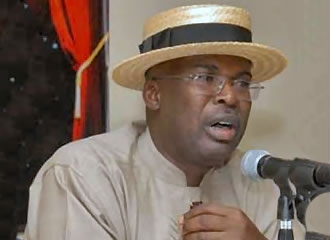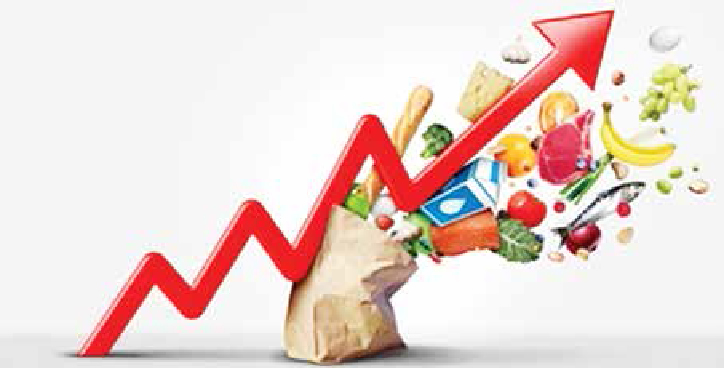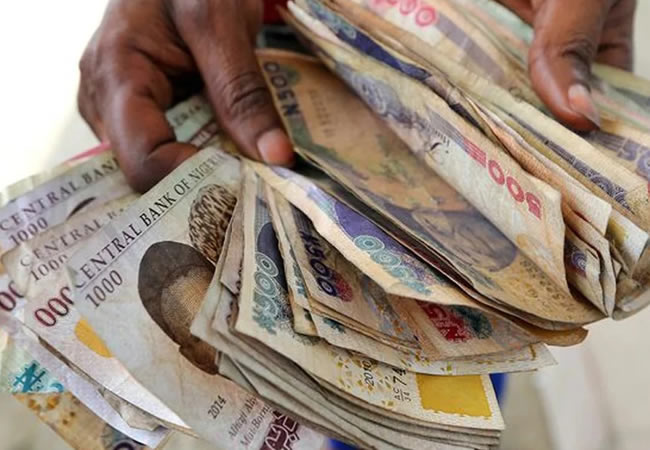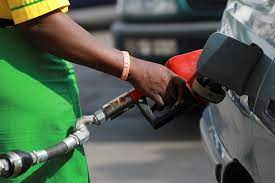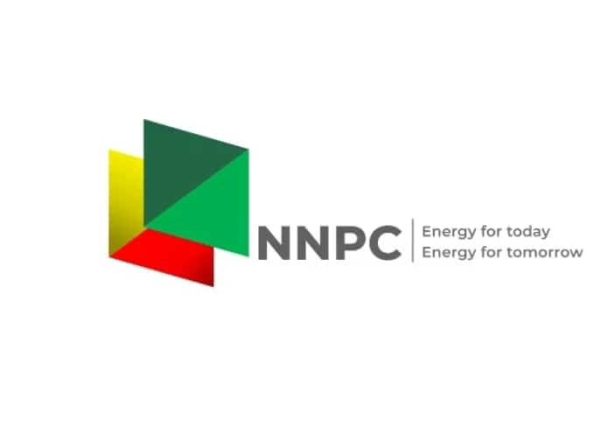The World Bank has said that Nigeria is in a worsening situation, with economic performance becoming weaker as inflation persists.
The Washington-based bank said this in its newly released Nigeria Development Update, which was launched in Abuja on Thursday alongside the Nigeria Country Economic Memorandum.
The NDU report noted, “Nigeria is in a challenging and deteriorating economic situation. Nigeria’s economic performance has weakened since the previous Nigeria Development Update was published in June 2022 under the title of ‘The Continuing Urgency of Business Unusual’.”
The financial institution also cut Nigeria’s 2022 growth forecast to 3.1 per cent from a previous forecast of 3.8 per cent.
It said that the revision was due to slow economic growth in the third quarter from a year earlier, dragged down by the oil sector and a weak performance in other areas of the economy.
The bank further forecast growth to slow by 2.9 per cent in 2023.
The report read, “Nigeria’s economic output growth has slowed and the World Bank is lowering its growth projections. Real gross domestic product at market prices growth in the third quarter of 2022 was 2.4 percent year-on-year, on the back of a continued contraction in oil output (-22.7 per cent y-o-y) and slowing non-oil growth (4.3 per cent y-o-y, down from 4.8 per cent y-o-y in Q2 2022). The World Bank now projects that real GDP will grow by 3.1 per cent in 2022 and 2.9 per cent in 2023–24, 0.3 of a percentage point lower than the previous projections at the time of the June 2022 NDU.”
Wages lose 35% value
During his presentation of the reports, the World Bank Lead Economist for Nigeria, Alex Sienaert, noted that the Nigerian minimum wage, which was worth N30,000 in 2019, could be valued at N19,355 today.
This means that there had been a loss of 35.48 per cent value between 2019 and 2022 as inflation erodes Nigerians’ purchasing power.
Sienaert noted, “The cumulative inflation between 2019 and 2022 was 55 per cent.”
He said that the rising inflation had led to a slump in the purchasing power of Nigeria.
In the NDU report, it was noted that consumer price inflation had heightened, making it one of the highest in the world.
The report noted that although the CBN was making efforts to curb the rising inflation by increasing interest rates, its funding of fiscal deficit through the ways and means advances had made things difficult.




